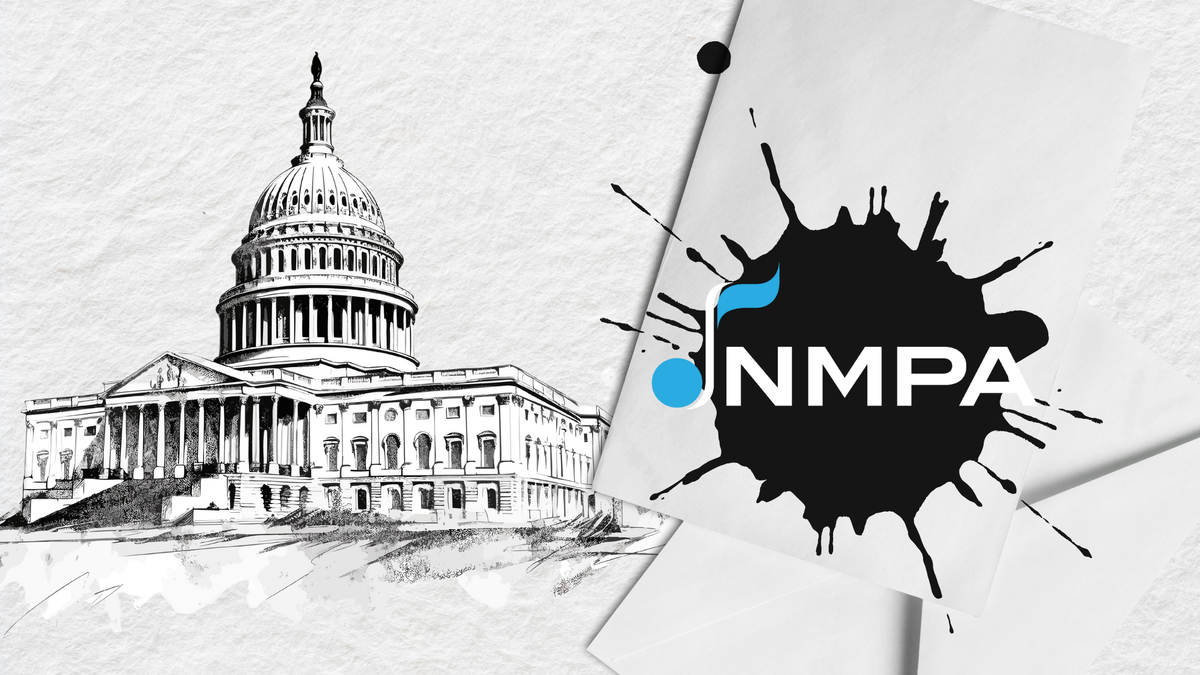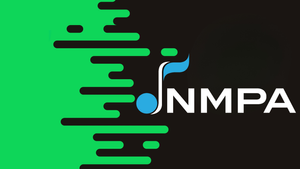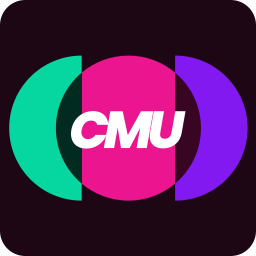The boss of the US National Music Publishers Association has said that the trade body will soon unveil legislative proposals that will “permanently fix the power imbalance” songwriters face in the American market because of the compulsory licence.
David Israelite made that commitment in an article for Billboard about the big dispute between the music publishers and Spotify over its audiobook bundling tactics. What streaming services pay songwriters and publishers in the US is set out in the mechanical rights compulsory licence. Spotify is exploiting a bundling provision in that licence to lower what it pays on the songs side, by claiming that its main subscription product is a music and audiobooks bundle.
The publishers - and the MLC, which administers the compulsory licence - both argue that Spotify doesn't qualify for the bundling discount by simply adding fifteen hours of audiobooks access to every premium subscription. But the bundling bust-up has nevertheless put the entire compulsory licence, reviewed every five years by the judges that make up the Copyright Royalty Board, back into the spotlight.
In his article Israelite notes that, on the recordings side, record labels and music distributors each negotiate their own deals with the streaming services.
“Record labels, who are in a free market, have immediate recourse against such underhanded tactics”, he writes. “They are not under a compulsory licence like songwriters, and they have the freedom to negotiate directly with streaming services like Spotify. Crucially, this means if they don’t like the way their royalties are affected by Spotify’s bundling strategy, they can say no”.
“Unfortunately, songwriters and music publishers cannot”, he adds. “They must go to court every five years and are at the mercy of three judges to interpret Spotify’s routing of the rules”.
The CRB hearings put negotiations between the music industry and the streaming services very much in the public spotlight as both sides seek to negotiate a one-stop-shop licence that works for all platforms and all rightsholders.
There has been plenty of drama around those hearings over the years, with many streaming services fighting a rate increase set by the CRB judges for 2018-2022 through the appeal courts. Though for the 2023-2027 period, the industry and services reached an agreement relatively quickly, avoiding all the drama and litigation of the previous round.
Next time though, the drama could return. “As we look to the next CRB trial, where we will again face the largest tech companies in the world, we had hoped to approach it as business partners, bolstered by several years of collaboration”, Israelite’s article continues. “This development has shattered that potential as Spotify has returned to attacking the very songwriters who make its business possible - and worse, they’re doing it through a dishonest work-around”.
The NMPA previously said it was considering its legal options in relation to Spotify's audiobook bundling. However, it was the MLC that actually filed a lawsuit, with the NMPA instead sending a stern letter accusing Spotify of having gaps in its licences in relation to lyrics, videos and podcasts.
Suggesting the NMPA will now go the lobbying rather than litigation route on all this, Israelite revealed, “in addition to these legal challenges, soon we will unveil a legislative proposal to permanently fix the power imbalance songwriters face by being subject to a compulsory licence for their songs”.
It’s not yet clear what that proposal might involve. Outside the US, music publishers and collecting societies privately negotiate licensing deals with the streaming services, like the labels and distributors do in the US. So the publishers could push for something similar in the US market.
Although, on the songs side - because labels and distributors upload recordings containing songs without identifying what those songs are - the services generally look for one entity to provide a ‘mop-up licence’ covering any gaps in their other song licences in any one country.
Usually the local collecting society performs that role. It’s not clear if the MLC could continue to perform that task if the compulsory licence it currently administers was changed in any major way.
Either way, the Spotify audiobook bundling dispute could now prompt multiple strands of legal wrangling and debate.
Since publishing this story, the NMPA has sent CMU a copy of the letter it sent to the Judiciary Committees in the US Senate and House Of Representatives, which you can read below.

That letter sets out NMPA's legislative proposals, which include essentially reforming the compulsory licence to provide opt-outs for publishers.
We will look at what that means in tomorrow's CMU Daily.


